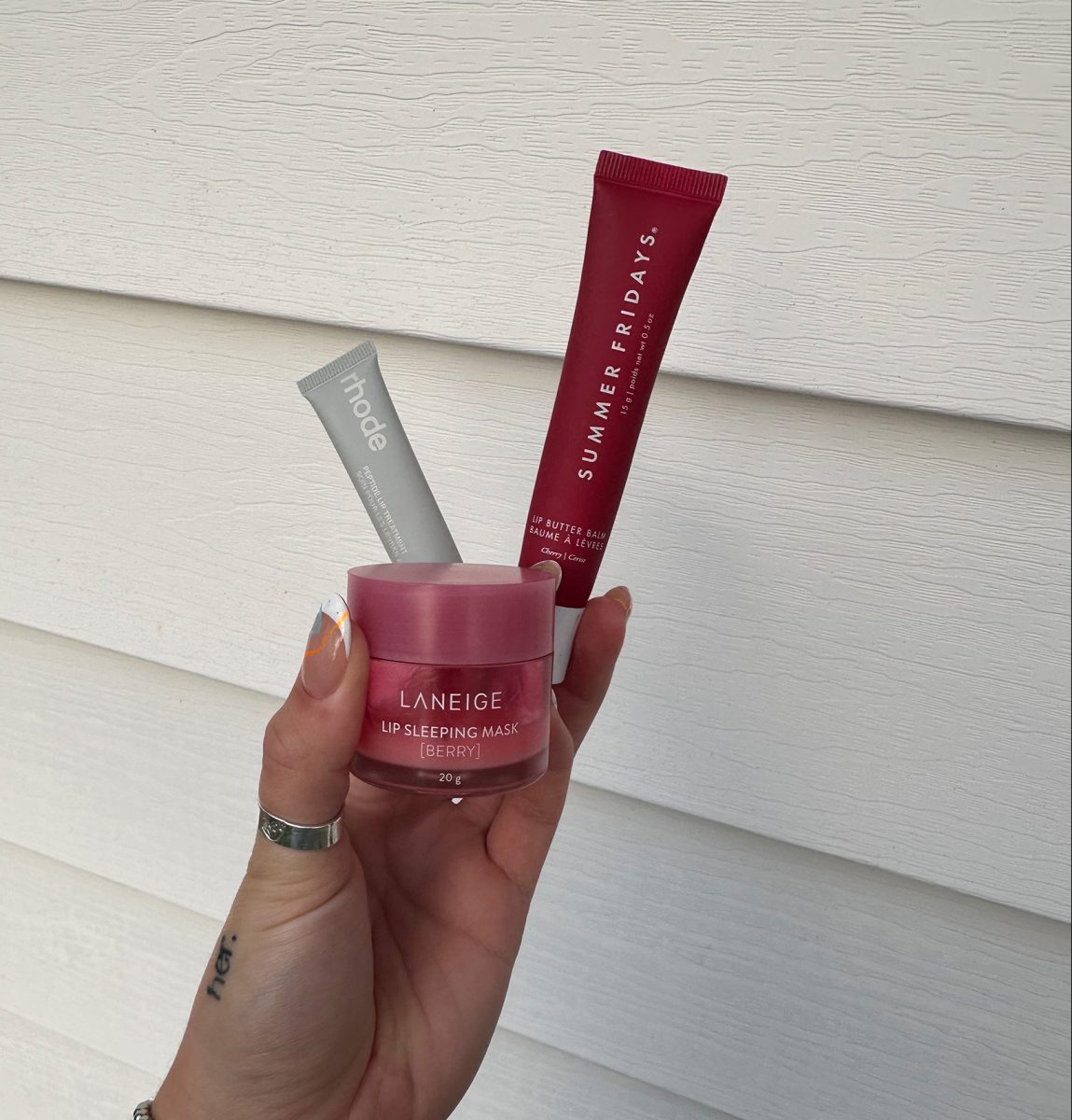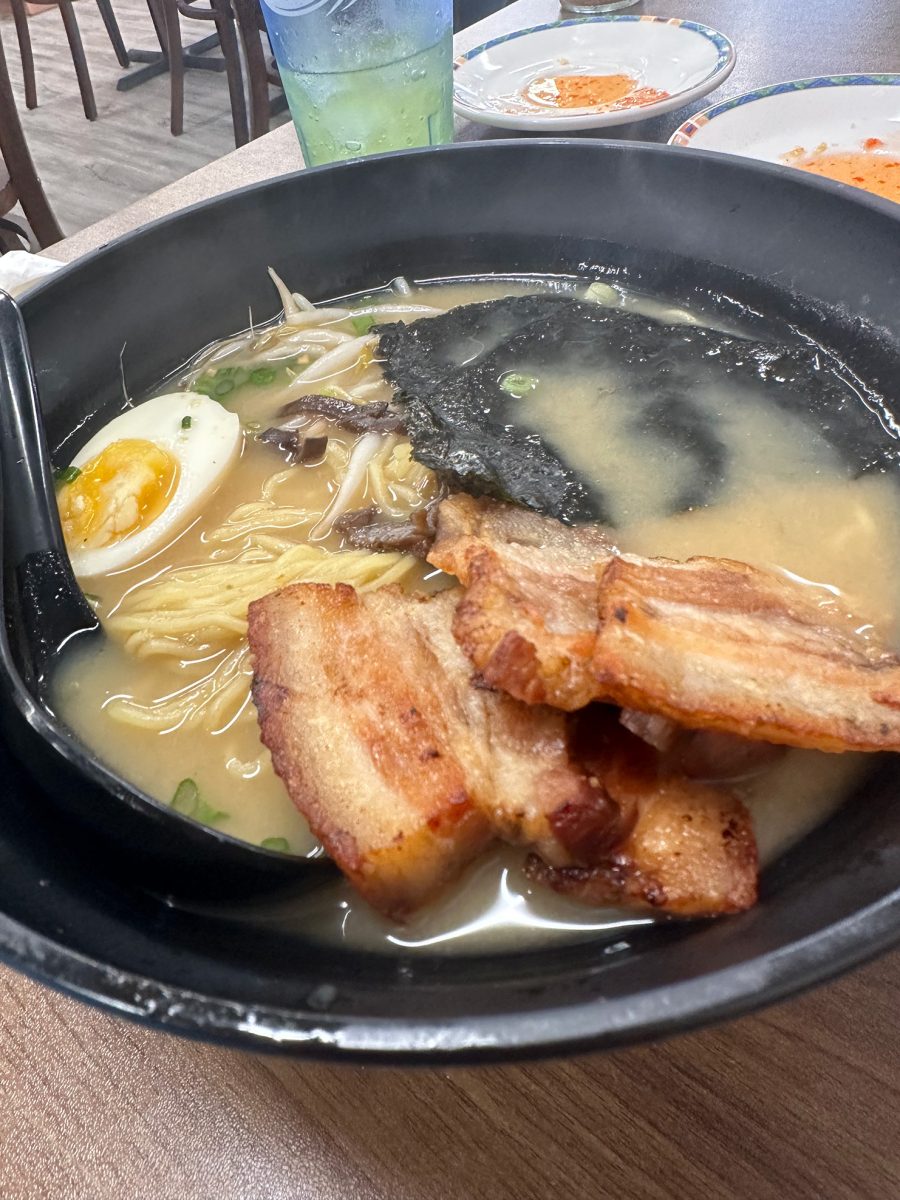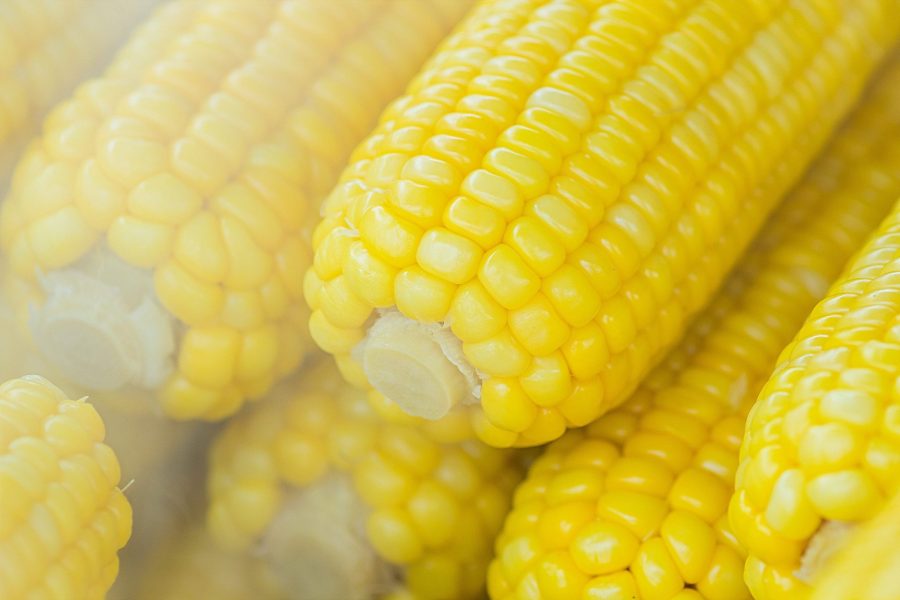bruningm@lopers.unk.edu
Nebraska is known for its ideal corn-growing environment. With its location above the Ogallala Aquifer and abundance of nutrient-rich soil, Nebraska ranks number three out of the United States for corn production.
Yet, Nebraska and Midwestern farmers alike may be dealing with a major economic concern in farming.
The president of Mexico, Andres Manuel Lopez Obrador, revised a 2020 decree about genetically modified corn exports on Feb. 16. The decree says Mexico will not accept GMO white corn imports for human consumption from the U.S. Mexico is temporarily accepting corn imports used for feeding livestock and industrial uses, like making ethanol.
The decree was a revised version of the one proposed in 2020, which originally banned all types of GMO corn for all uses. According to Wilson Center, when Obrador issued the 2020 decree, he mentioned “health risks to humans, his preference for self-sufficiency and food sovereignty and cultural appropriateness.”
There is no evidence that proves GMO consumption causes poor health.
“Plant varieties prepared by the genetic modification methods are not more dangerous than those available by traditional growing methods,” said Greg Nies, UNK professor of agribusiness. “If anything, the GMO varieties are likely to be safer than traditionally bred varieties because they are subject to much more controls.”
GMO corn is regulated and approved by the FDA. It is also recognized as being as safe as non-GMO corn.
Nies said the ban might be a protective measure from Mexico to protect native corn species.
Mexico is known for being the first ancient civilization to domesticate corn thousands of years ago. According to Food and Power, there are 21,000 native varieties of corn in Mexico. There is a fear that bringing in GMO corn would invade the native corn species, causing the GMO corn genes to blend in with the other corn.
Jody Herchenbach, UNK professor of agribusiness, said the ban would help local farmers in Mexico.
“If Mexico thinks the U.S. can produce corn at a much cheaper rate, then they can’t compete with that price,” Herchenbach said. “If Mexico buys from someone else, then it gives their producers a chance to produce as well.”
These farmers lack the U.S.’s advantage of selling GMO corn since it is illegal to grow it in Mexico. The United States Department of Agriculture says the US has more efficient farming technology, including “mechanized tillage, planting and chemical usage.”
The corn produced by Nebraska is 90% GMO corn, so the ban would hit the heart of the Cornhusker state hard.
“The number one thing we sell to Mexico is corn, and it’s a lot,” Nies said. “It’s worth $348 million, so it will definitely affect the Nebraska farmers.”
With this lack of trade between the US and Mexico, farmers would be driven out of business. It would also result in a high loss of jobs because of the subsequent labor income decrease.
The U.S. would also face multiple economic challenges. They would need another country, alongside China, to fill the place as the highest corn importer. Ten years down the road, the ban would hurt the ethanol, corn wet milling and transportation industry. Most of all, the seed of tension planted between the U.S. and Mexico would continue to grow.































